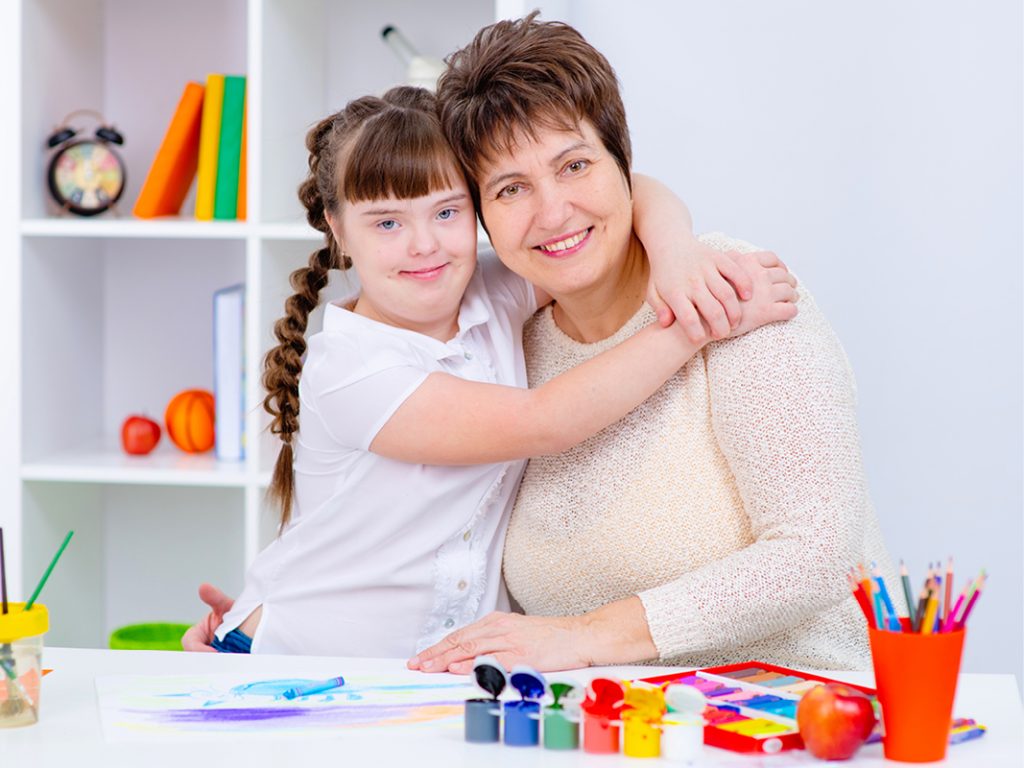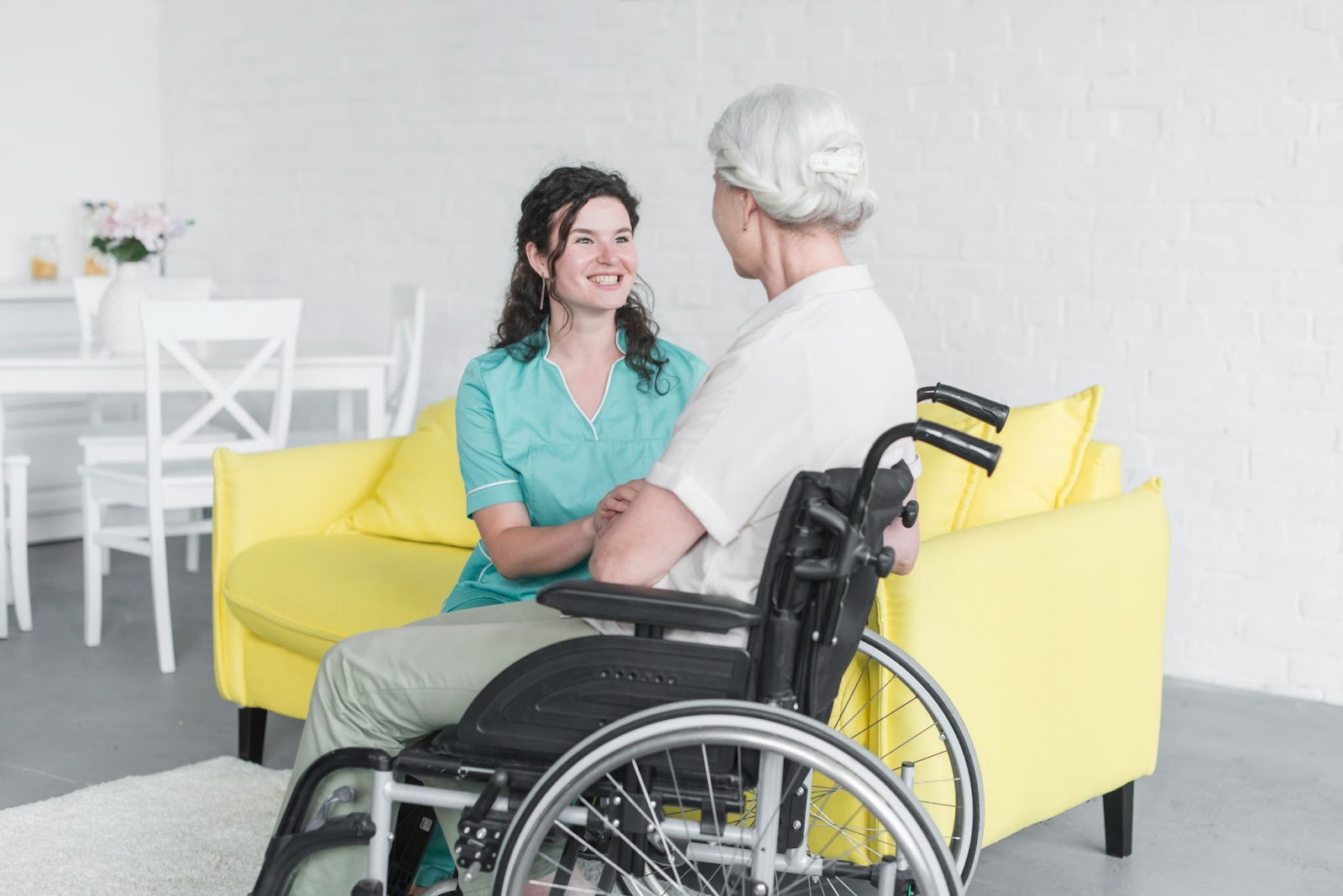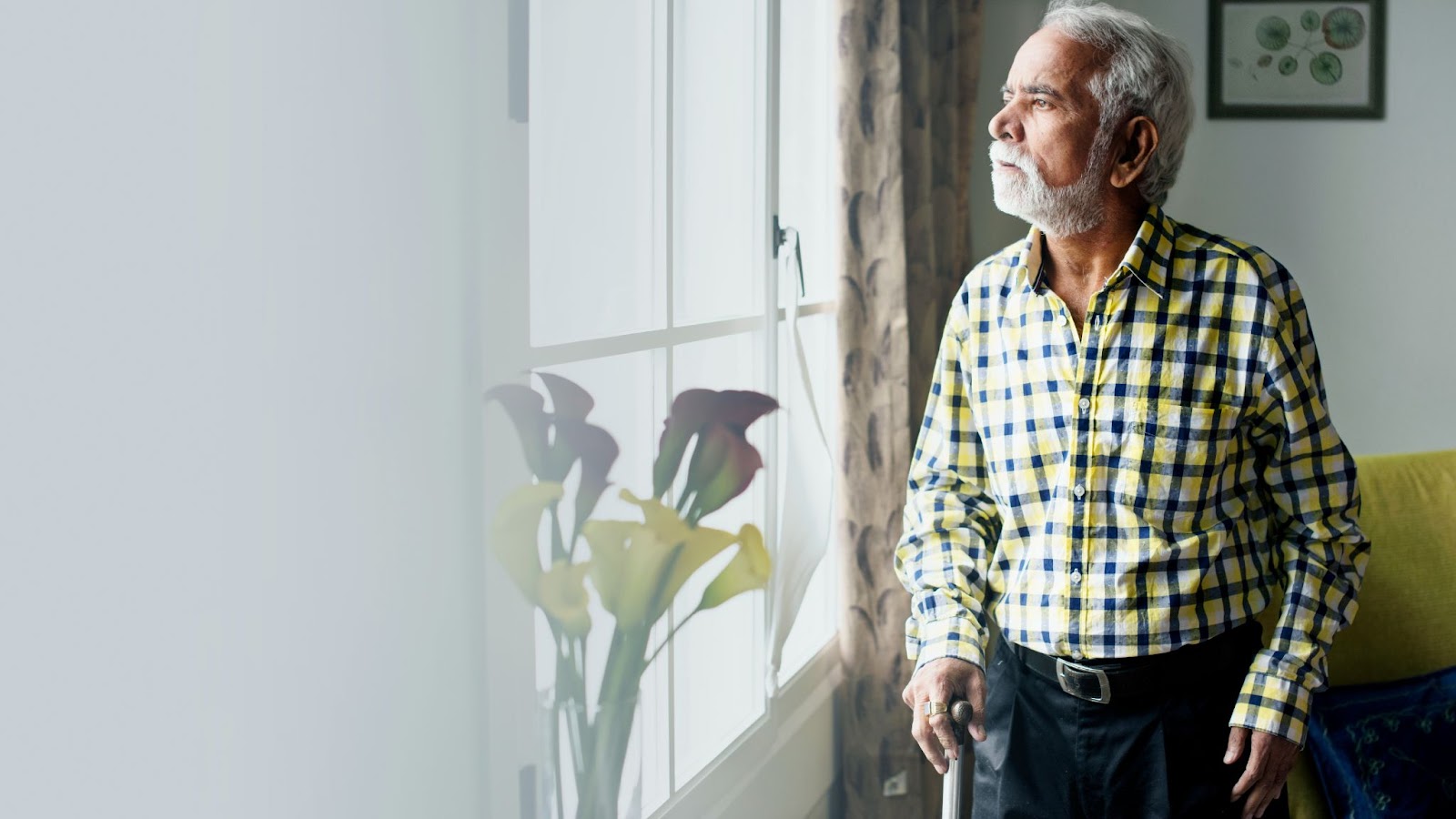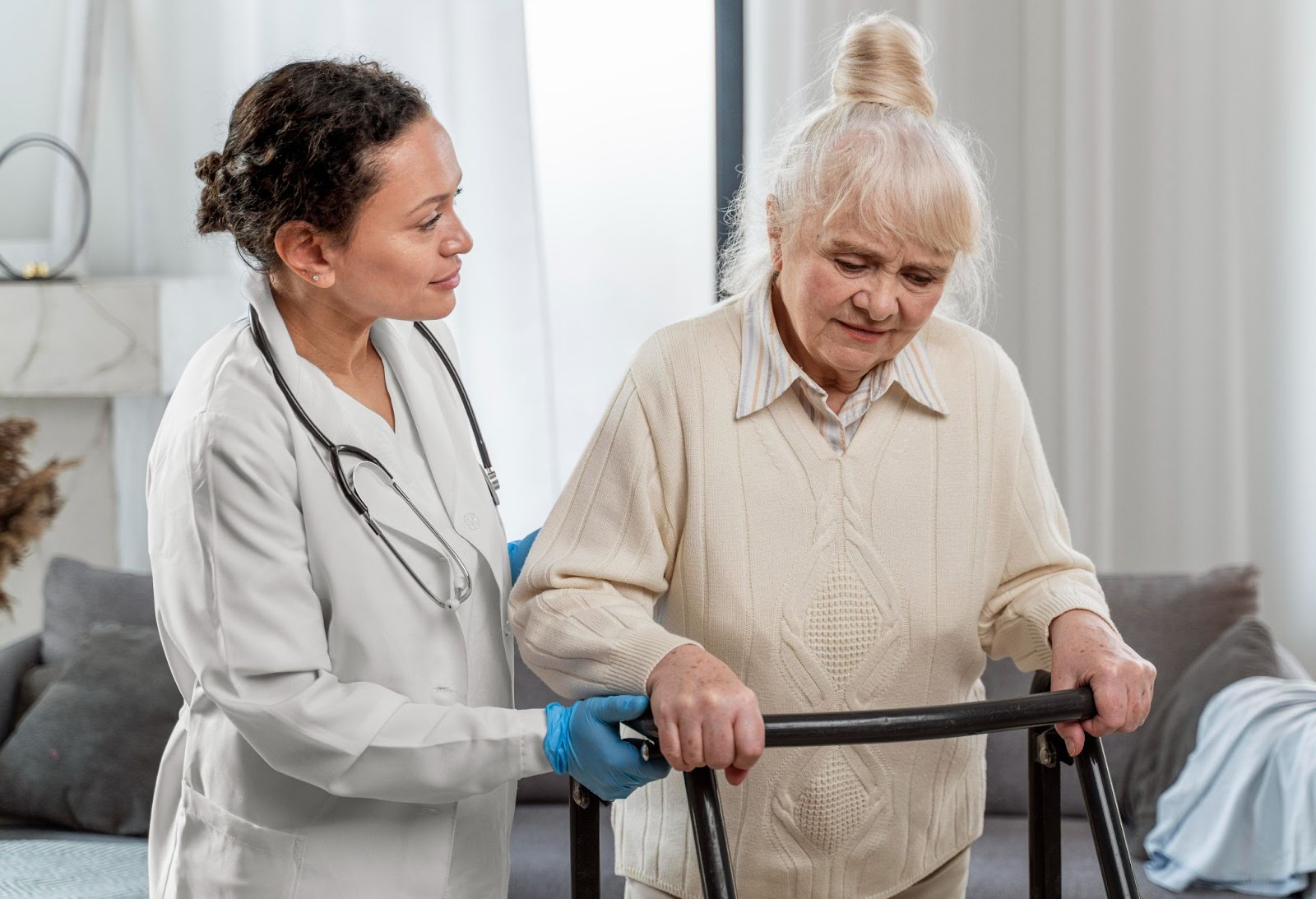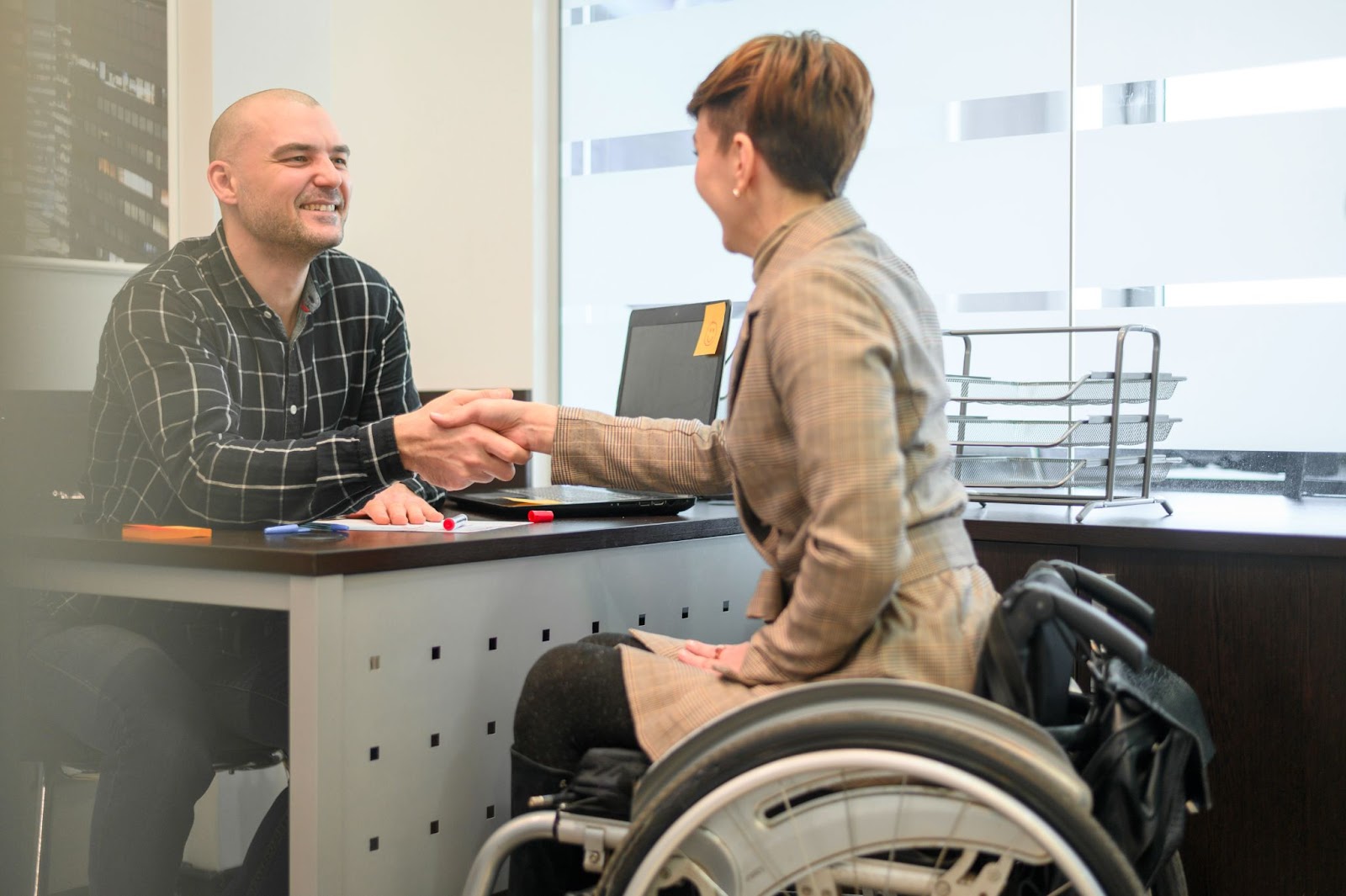Positive behaviour support (PBS) is a behaviour management system grounded in scientific, evidence-based practices. It aims to reduce and prevent challenging behaviours while improving the quality of life for individuals and their families. If your child or family member experiences behavioural challenges, understanding this approach can help you decide if they would benefit from a tailored PBS plan.
Keep reading for a comprehensive guide on how positive behaviour support works, managing difficult behaviours, and collaborating with support practitioners.
Understanding Positive Behaviour Support (PBS)
PBS applies an individualised, person-centred method to teach and encourage positive behaviours. While commonly used with children, it also benefits adolescents and adults facing behavioural difficulties. The approach removes triggers and reinforcers that maintain negative behaviours. Simultaneously, it equips individuals with new skills and strategies for positive change.
Importantly, PBS emphasises patience and positivity, crucial when supporting someone with a disability. Behaviours of concern often signal communication challenges. The person may struggle to express needs or understand their environment. Non-supportive or punitive interventions tend to worsen these difficulties rather than resolve them.
Why Do Challenging Behaviours Occur?
All behaviours serve a purpose, usually to achieve a specific outcome. However, challenging behaviours such as aggression, disruptiveness, or withdrawal can disrupt daily life for everyone involved. Addressing these issues effectively requires understanding their root causes.
PBS identifies the factors maintaining these behaviours. It then replaces problem behaviours with positive alternatives, improving overall wellbeing for the individual and their support network.
Managing Challenging Behaviours Effectively
Many people seek quick fixes to stop difficult behaviours, but these often fail to address underlying causes. PBS offers long-term strategies that work by understanding and changing behaviour patterns.
Support workers and carers use evidence-based tools to teach new skills and reduce negative behaviours. By focusing on strengths and positive reinforcement, PBS creates sustainable behaviour change.
What is Positive Behaviour Support under the NDIS?
The National Disability Insurance Scheme (NDIS) supports people with disabilities to live independently and participate more fully in their communities. It funds access to behaviour support services that help people gain new skills, jobs, and social connections.
NDIS only funds PBS under the ‘Improved Relationships’ category. The goal is to minimise restrictive practices by designing and implementing behaviour support plans that empower individuals.
What Are Behaviour Support Plans?
A behaviour support plan is a customised strategy to reduce challenging behaviours and promote positive ones. Support workers develop these plans based on detailed assessments of the person’s needs and environment. Each plan is unique and continually adjusted for the best results.
Who Needs a Behaviour Support Plan?
Challenging behaviours often stem from social learning processes such as imitation or reinforcement. People with Autism Spectrum Disorder (ASD) or Attention Deficit Hyperactivity Disorder (ADHD) may be more prone to these behaviours due to how they process social cues and focus on their surroundings.
Many interventions rely on restrictive methods to stop behaviours. PBS takes a different approach, encouraging replacement behaviours that reduce interference with school, home life, or daily activities.
Who Can Create a Behaviour Support Plan?
Registered behaviour support practitioners work alongside clinicians and families to design these plans. They perform functional assessments, collect relevant data, and involve carers and support workers to ensure a thorough understanding of the behaviours and needs.
Positive Behaviour Support Practitioners
These experts specialise in using various techniques to encourage positive actions and manage difficult behaviours. They provide ongoing training and advice to the person’s support network. This collaborative approach improves consistency and outcomes.
Additional Insights: The Role of Family and Carers in PBS
Effective behaviour support extends beyond the individual to involve families and carers. Their daily interactions shape how behaviours develop and change. PBS practitioners actively train and empower carers with practical skills, improving consistency across environments.
Regular communication between the support team and family ensures the behaviour support plan stays relevant and effective. This partnership is essential to create lasting, positive outcomes.
Common Misconceptions About Positive Behaviour Support
Some believe PBS is simply about stopping bad behaviours. However, it focuses on understanding why behaviours occur and teaching alternative skills. It is not punishment but a proactive, respectful approach.
Others think PBS is only for severe cases, but it benefits anyone facing behavioural challenges, no matter how mild. Early intervention through PBS can prevent behaviours from escalating.
Positive behaviour support provides a compassionate, evidence-based framework for managing challenging behaviours. By focusing on teaching new skills and removing triggers, it improves life quality for individuals and their families. Working with registered practitioners ensures personalised plans backed by functional assessments and ongoing support.
If your family member faces behavioural difficulties, PBS could be the key to meaningful change. Contact AHP Disability and Home Care today to explore your options.
About AHP Disability and Home Care
Australian Health Professionals (AHP) Disability and Home Care is a nationally registered provider in the NDIS and Aged Care sectors. We deliver reliable, experienced, and timely allied health services across Australia.
Our team includes over 500 qualified clinicians specialising in positive behaviour support and other allied health disciplines. We pride ourselves on supporting individuals with personalised care plans that meet their unique needs.
How to Access Positive Behaviour Support Services
If you need professional help with behaviour challenges, AHP Disability and Home Care offers evidence-based support tailored to your situation. Our experienced practitioners work closely with you and your family to develop effective strategies.
Contact us on 1800 247 342 to learn more about our disability support services and how we can assist you.
